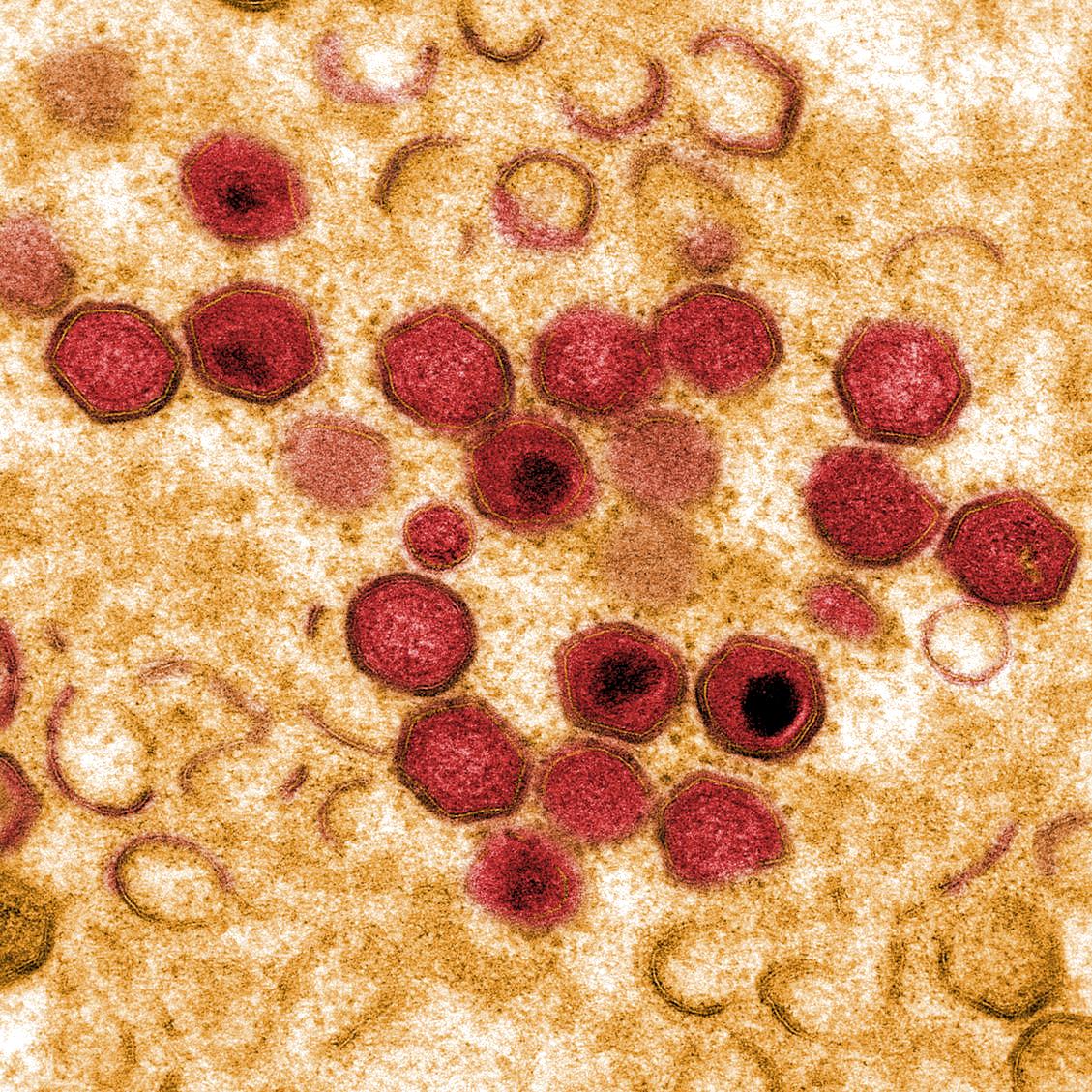The medical and veterinary role of Ornithodoros erraticus complex ticks (Acari: Ixodida) on the Iberian Peninsula
Argasid ticks of the Ornithodoros erraticus complex are associated with traditional pig-farming practices on the Iberian Peninsula and are also found elsewhere in North Africa, West Africa, and western Asia. The ticks associated with pig farming on the Iberian Peninsula are the only biological vectors of African swine fever virus (ASFV) known to occur in Europe, and their ecology makes them an extremely effective reservoir of both ASFV and the Borrelia species which cause tick-borne relapsing fever (TBRF) in humans. The recent reappearance of ASFV in the European Union, coupled with evidence that Portuguese tick populations continue to harbor Borrelia despite a lack of confirmed human infections, suggest that these populations merit closer attention. In Portugal, a series of surveys over the last twenty-five years indicates that the number of farm sites with tick infestations has declined and suggest that populations are sensitive to changes in farm management, particularly the use of modern pig housing. Various technologies have been suggested for the control of farm-associated Ornithodoros ticks and related species but, in our opinion, farm management changes are still the most effective strategy for population control. Furthermore, we suggest that this species could probably be eradicated from Iberian pig farms.
Back to publications
